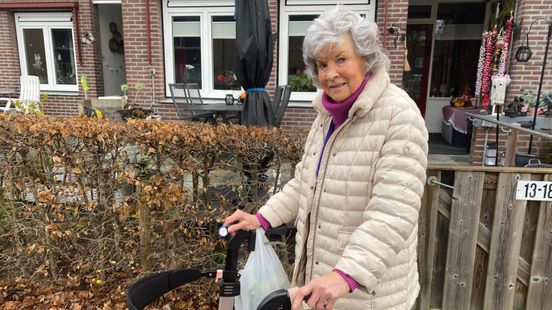The Elderly Happiness Barometer shows that mental well-being is the most important factor influencing happiness in life. Health, social contacts, living environment and financial situation also make a big difference. A quarter of respondents give their life a 7. A minority of 6 percent give their life an unsatisfactory rating (grades 1 to 5). The average rating that participants give to their lives is 7.6. Director Anneke Sipkens of ANBO-PCOB is “pleasantly surprised” with the results. “The connection with other people in particular provides a significant dose of happiness,” she concludes.
The results of the research also make it clear that there are major differences between Dutch elderly people. Those who rate themselves as ’emotionally in top form’ give life an average score of 8.7. The group that feels worried and emotionally exhausted does not get further than a 5.4. Elderly people who are not limited by health problems score two points higher than seniors who experience “severe limitations” from them. People with many social contacts and elderly people who do volunteer work also report more happiness in life than people who have few contacts.
Research agency Abbi Insights conducted the poll. According to the researchers, the results are representative of characteristics such as gender, education level and region.
